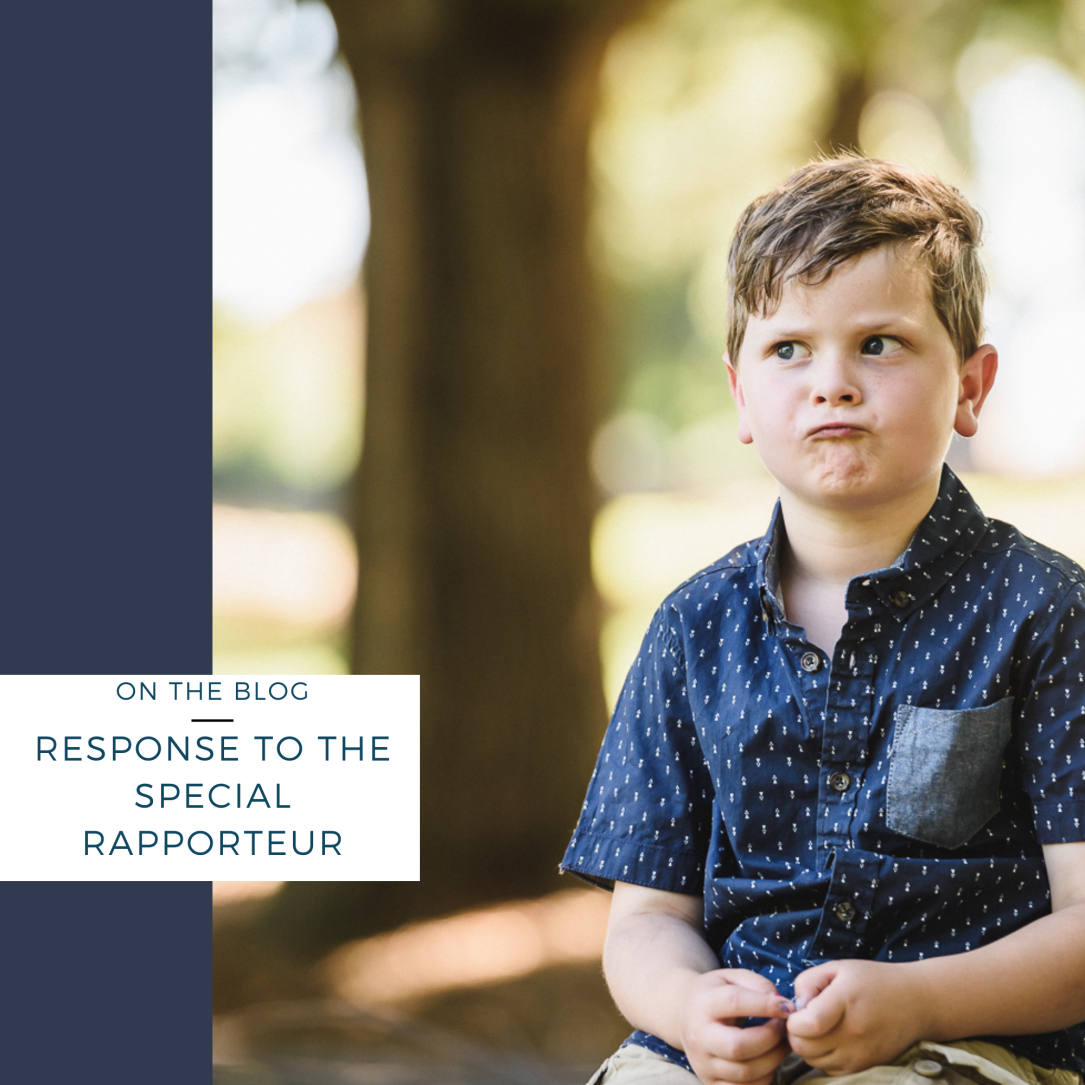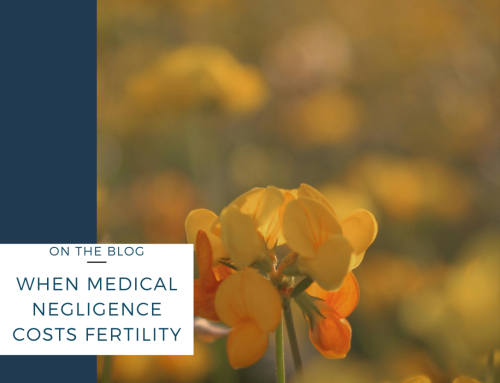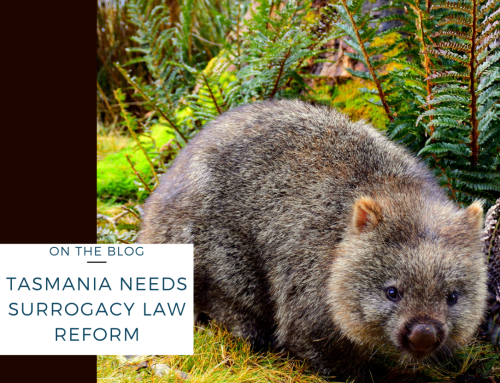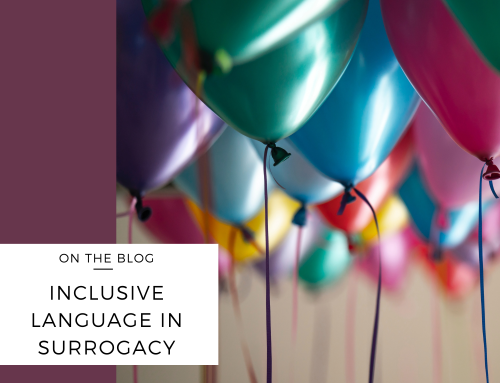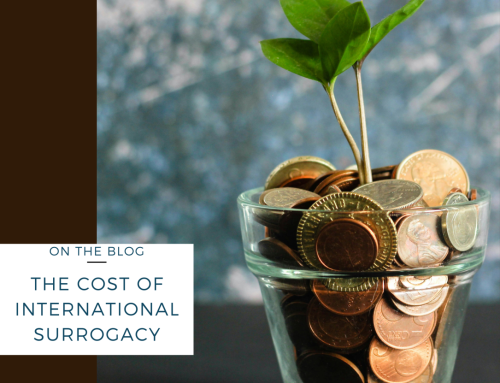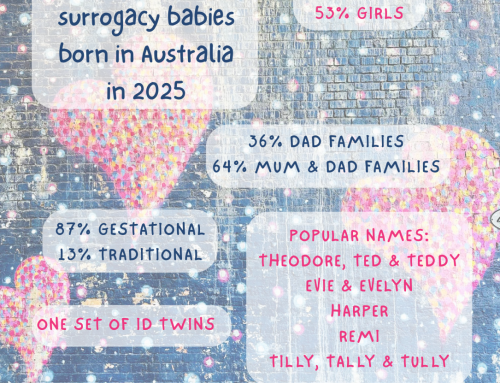The United Nations Special Rapporteur on violence against women and girls published a report in July 2025 on ‘The different manifestations of violence against women and girls in the context of surrogacy.’
The report is not supportive of surrogacy. The Special Rapporteur, Reem Alsalem, calls for all forms of surrogacy to be eradicated.
Alsalem raises concerns that the surrogacy industry is valued at over $US14 billion a year and notes that surrogates receive a small fraction of that in compensation. She claims that ‘globally, most surrogate mothers come from lower-income backgrounds’ than the intended parents.
Some of Alsalem’s concerns are valid. Some surrogacy is exploitative, involves human trafficking and compromises the rights of women and the children. We should make sure that surrogates have access to independent legal advice, psychological support and adequate healthcare and can provide informed consent.
It is disappointing to see most of the citations in the report are from organisations that are well-known for being anti-surrogacy. Some are actively transphobic, anti-sex work and misogynistic. Claiming to speak for women is not feminist if it does not respect the rights of women to make decisions for themselves.
There were many submissions, including from the Academy of Adoption and Assisted Reproduction Attorneys, that reflected the reality of surrogacy and were reasonable in their reflections, that are not cited in the report.
The Special Rapporteur based her conclusions on the extremes of surrogacy, and calls for eradicating and prohibiting surrogacy at a global level, including calling for a binding treaty. She calls to deny recognition of surrogacy arrangements and even suggests that a surrogate’s family should adopt the child if she does not want to raise the child herself.
The recommendations are transphobic – insisting on ‘sex-specific language.’ The report reads like a radical feminist/TERF manifesto and is disappointing from someone concerned with human rights. The United Nations should be careful not to promote narratives that lack intersectionality or inclusiveness, and that stigmatises family creation.
The Special Rapporteur recommendations deny the rights of a women to exercise their reproductive autonomy, including decisions to be surrogates and not to raise the children they have birthed.
Some recommendations that I agree with – such as establishing registries of egg and sperm donors and making information available to people born via surrogacy; holding surrogacy agencies, intermediaries and others that profit from surrogacy accountable; preventing discrimination against children born via surrogacy and ensuring their equal access to healthcare, education and social protections.
It is strange that the Special Rapporteur calls to end both surrogacy and discrimination against children born from surrogacy. The best way to protect children is to regulate surrogacy adequately – make sure it can happen safely, where everyone’s rights are protected. Prohibiting surrogacy does not make it safer – it drives it underground, making it more dangerous for women and children. Prohibiting surrogacy leads to more human trafficking, not less.
A better idea would be to provide a surrogacy framework that make surrogacy accessible and safe in our home country, regulate the industry, promote the rights of children and the autonomy of the surrogate. We should ensure adequate compensation for surrogacy, and make our judicial systems inclusive and responsive to a surrogacy arrangement and provide clarity for the transfer of parentage.
A well-informed piece on surrogacy regulation and best practices was published in the British Medical Journal (BMJ), Surrogacy needs to be regulated, not prohibited. The article is co-authored by experts Professor Kirsty Horsey, Professor Emily Jackson and lawyers Lavanya Fischer, Denise Seidelman, Natalie Gamble and Richard Vaughn. The authors establish clear evidence that prohibitions do not make surrogacy safer – if anything, it drives intended parents to other, often riskier destinations.
I’ve published my ideas for reform in my Churchill Fellowship report, which are more detailed.
Where to from here? Members of the United Nations will be pressured to implement the recommendations of the Special Rapporteur; some countries will use it as a basis to ban surrogacy. Opponents will rely on the report to further their agendas.
In Australia, we are in the middle of a review of our surrogacy laws. I don’t think the Special Rapporteur’s recommendations will be accepted by the Australian Law Reform Commission, but the Commission will know of the report and will consider it when making their own recommendations to government.

